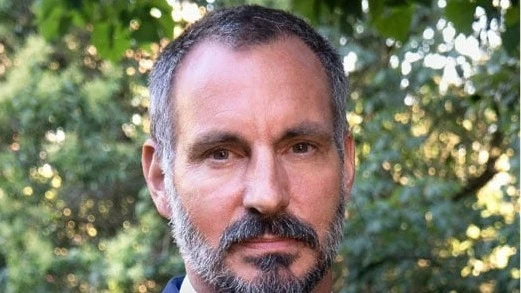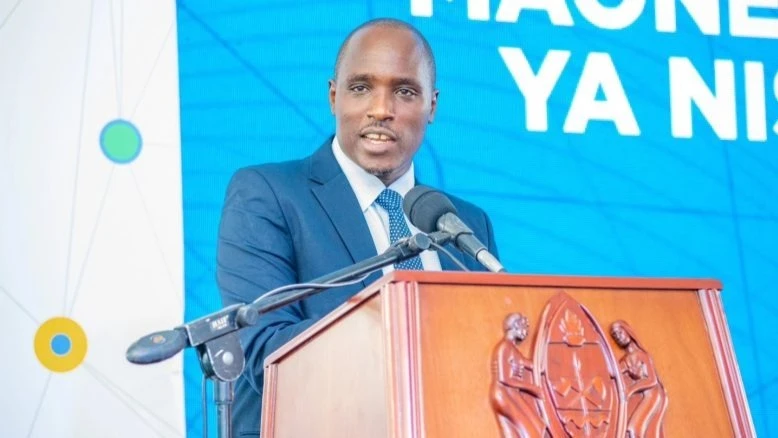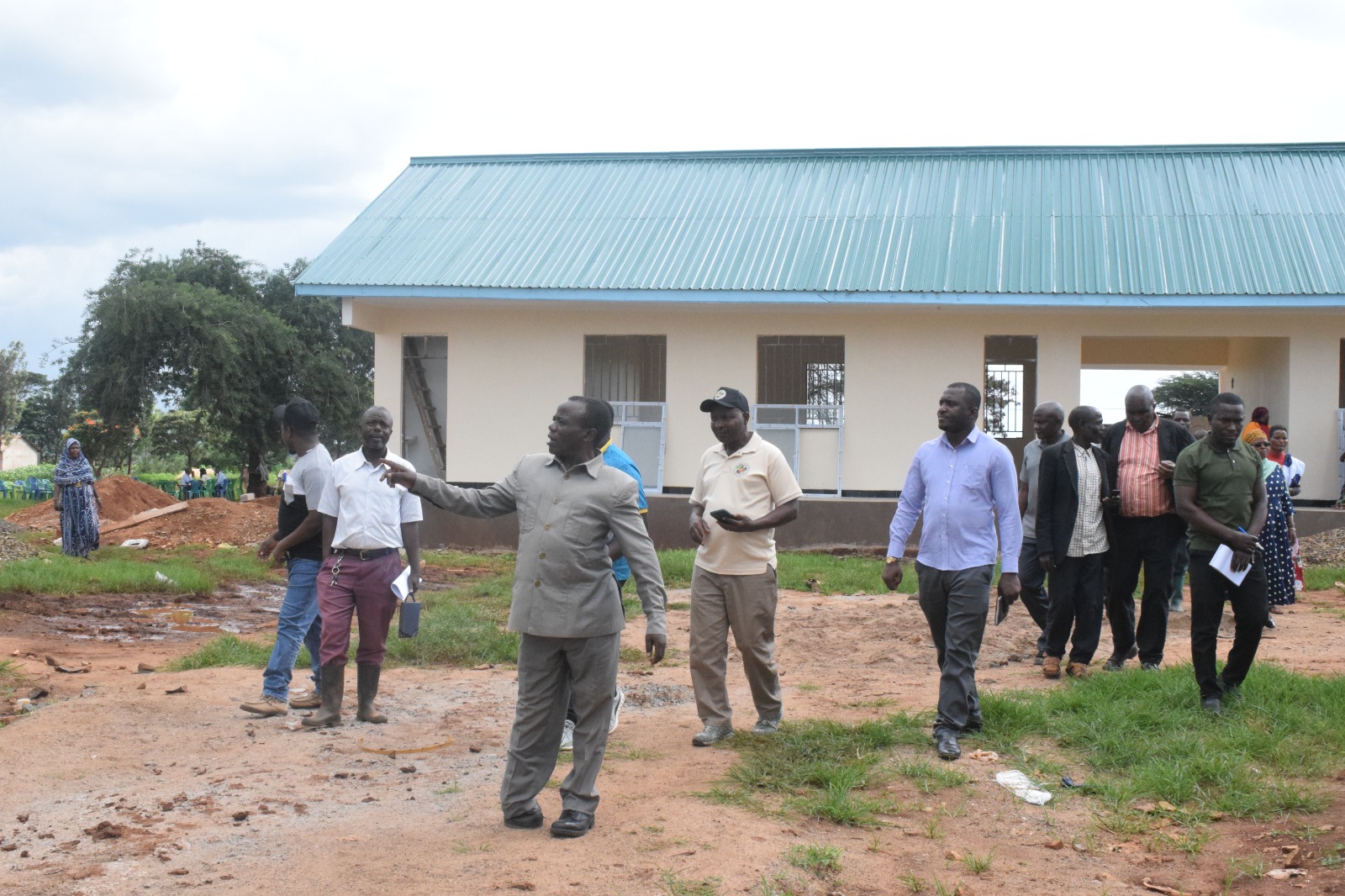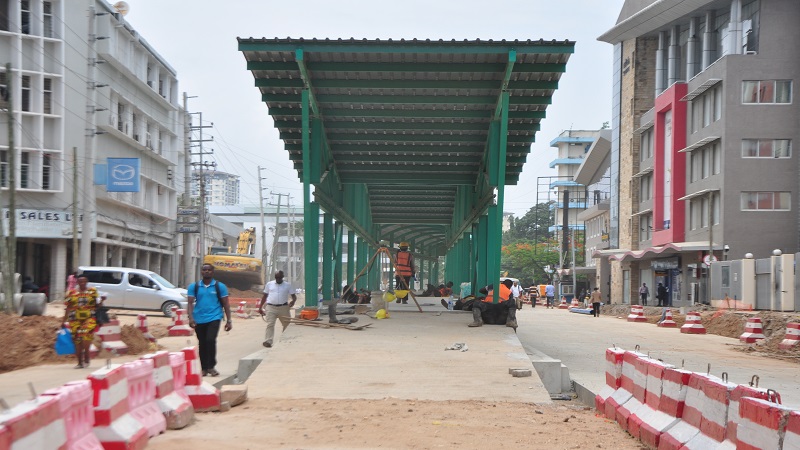Muhimbili lines up in vitro fertilisation by September
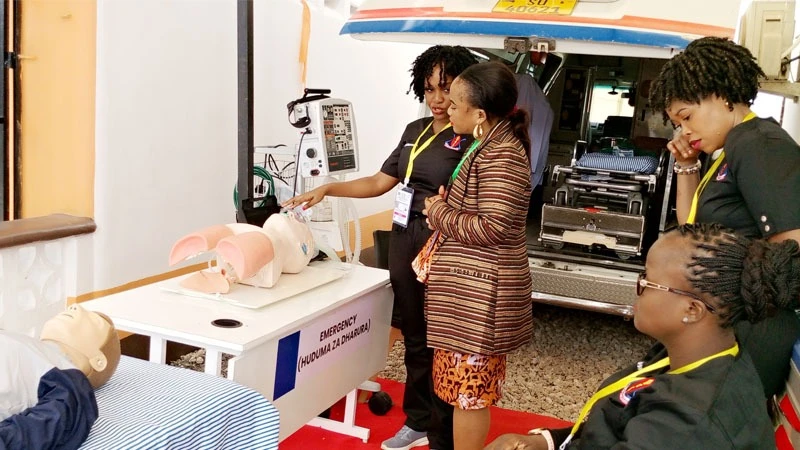
IN-vitro fertilization (IVF) services will start being offered at the Muhimbili National Hospital (MNH) with intent of popularising it and bringing smiles to couples that struggle to get children due to infertility.
Dr Sabria Rashid, an obstetrician and gynaecologist at MNH said at the hospital’s pavilion at the 48th Dar es Salaam International Trade Fair (DITF) yesterday, citing the cost for such services as 20m/- .
Experts say that infertility is a disease of the male or female reproductive system defined by the failure to achieve a pregnancy after 12 months or more of regular conjugal relationships.
She said that the launch of IVF services will support many people who are unable to seek the services outside the country, citing projected demand as very high while medical centres providing the service are few.
Some infertile couples have been at the MNH “so once operations begin we will contact some to start with,” she affirmed, noting that infertility challenges do only affect women but men as well, “and the public need to know this very well.”
Experts distinguish between original and subsequent infertility, those who have had one or more children and those who never had pregnancy.
“If couples spend years without conceiving, they start to spot that there is a challenge somewhere," she said, intimating that environmental aspects add to the problems, “as people are looking for education first and then children.”
“You can find people at middle age also struggling to get children, despite that even young people experience this challenge at present than was the case earlier,” she stated.
“There is a physiological problem where couples think that soon after getting married pregnancy will follow suit, thus after some months family members start to pressurize the couple,” she specified, underlining that this difficulty also needs awareness programmes.
The hospital will also provide services for those who want to store embryos for various situations in life and later come for IVF, the medic affirmed.
World Health Organisation (WHO) data indicates that infertility affects millions of people and has an impact on their families and communities. Estimates suggest that one in six people of reproductive age worldwide stand to experience infertility.
The availability, access and quality of interventions to address infertility remain a challenge in most countries as diagnosis and treatment of infertility is not prioritized in development policies.
Reproductive health strategies are rarely covered through public health financing, while trained personnel, equipment and infrastructure are lacking for IVF facilities, apart from high treatment costs. This situation poses major barriers even for countries that are actively addressing the needs of people with infertility, a WHO write-up adds.
Top Headlines
© 2025 IPPMEDIA.COM. ALL RIGHTS RESERVED










